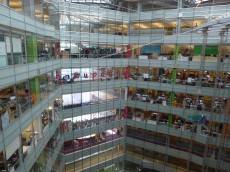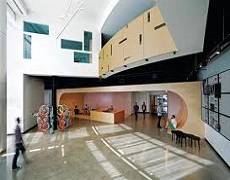December 18, 2013
Workforce to grow across the regions next year, bolstered by flexible working
 The management issues which dominated 2013 centred on the rise of flexible working; if pay scales would remain below inflation; and whether jobs recovery would continue and if so, could expand beyond the fringes of London. As today’s ONS figures show unemployment at the lowest rate since 2009, the latest CBI/Accenture Employment Trends Survey reveals that more than half of UK companies expect to create jobs over the next 12 months for the first time in over five years. It says private sector workforces are anticipated to grow across all regions, Yorkshire and Humberside and the east midlands being the most buoyant. Bosses will continue to take a cautious approach to pay however, with flexible contracts used to bolster economic growth and job creation. More →
The management issues which dominated 2013 centred on the rise of flexible working; if pay scales would remain below inflation; and whether jobs recovery would continue and if so, could expand beyond the fringes of London. As today’s ONS figures show unemployment at the lowest rate since 2009, the latest CBI/Accenture Employment Trends Survey reveals that more than half of UK companies expect to create jobs over the next 12 months for the first time in over five years. It says private sector workforces are anticipated to grow across all regions, Yorkshire and Humberside and the east midlands being the most buoyant. Bosses will continue to take a cautious approach to pay however, with flexible contracts used to bolster economic growth and job creation. More →

























December 13, 2013
One of the most important things we need at work is shelter from the storm
by Nigel Sikora • Comment, Workplace design
More →